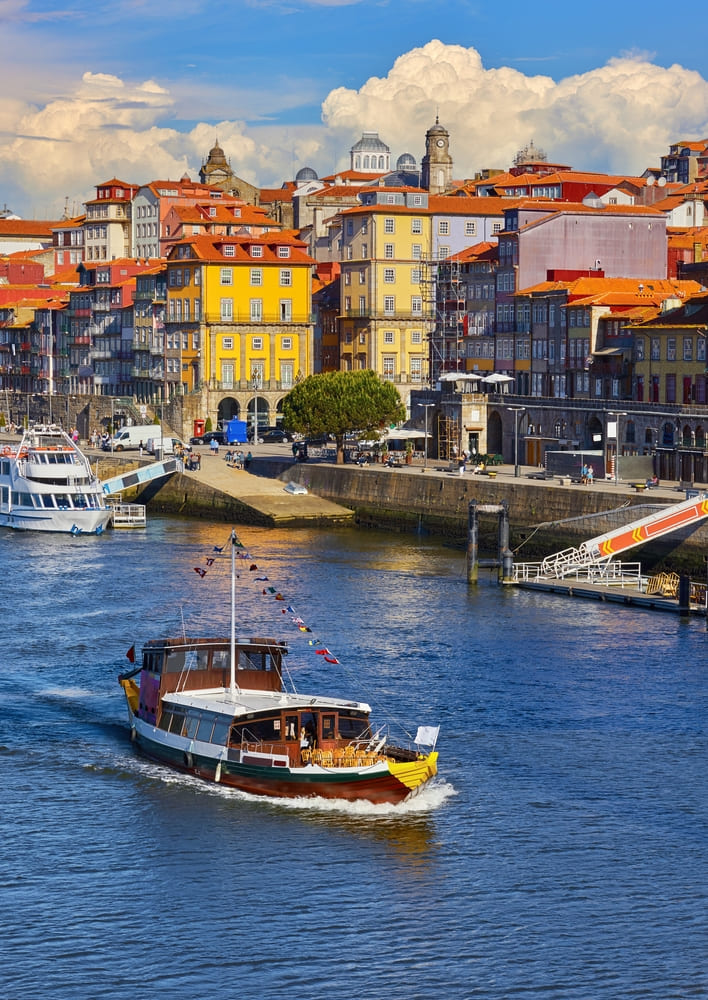
Portugal, a nation celebrated for its rich history, stunning landscapes, and warm Mediterranean climate, is also known for its progressive immigration policies. As of 2024, it has become a sought-after destination for immigrants, with nearly 16 percent of its population born overseas.
Immigration System of Portugal
The country’s immigration system is designed to be accessible and offers a range of visa options to suit different needs. For non-EU citizens, it provides the Schengen short-stay visa for up to 90 days within a 180-day period, ideal for tourists, business travelers, and family visits. For longer stays, the National visas include temporary entry visas for stays under one year and visas for residence permits, valid for two entries and four months, allowing applicants to apply for a residence permit while in Portugal.
EU/EFTA citizens enjoy visa-free entry and the right to work and live in Portugal, reflecting the EU’s freedom of movement principle. However, they must apply for a registration certificate if planning to stay for more than three months.
Requirements for Portugal Immigration
Portugal’s immigration requirements are straightforward, ensuring that individuals have a valid passport, appropriate visa, sufficient means of subsistence, and no legal impediments to enter the country.
The process is streamlined and user-friendly, making it an attractive option for those seeking a new life in Europe. With its favorable policies, high quality of life, and affordable cost of living, this country stands out as a top choice for digital nomads, remote workers, and retirees looking to enjoy the tranquility and beauty of Western Europe.
Portugal, the westernmost country in Europe, boasts a rich history as one of the continent’s oldest nations. It is recognized globally for its high level of peace and globalization. Additionally, Portugal is known for its safety and low crime rate.
Population: 10.3 Million
Language: English
Economy: Portuguese, with English widely spoken
Currency: Euro

Different visa options for immigrating to Portugal include the Golden Visa program, work visas, study visas, family reunification visas, and residence permits for investors.
You can apply for the Golden Visa program in Portugal by making a qualifying investment in the country, such as real estate or job creation.
Yes, you can work in Portugal on a temporary residence permit, depending on the conditions of your specific visa.
The requirements for obtaining permanent residency in Portugal include meeting residency requirements, demonstrating financial stability, and passing integration tests.
You can apply for Portuguese citizenship through naturalisation by meeting residency requirements, demonstrating ties to the country, and passing language and culture tests.
Different visa options for immigrating to Portugal include the Golden Visa program, work visas, study visas, family reunification visas, and residence permits for investors.
You can apply for the Golden Visa program in Portugal by making a qualifying investment in the country, such as real estate or job creation.
Yes, you can work in Portugal on a temporary residence permit, depending on the conditions of your specific visa.
The requirements for obtaining permanent residency in Portugal include meeting residency requirements, demonstrating financial stability, and passing integration tests.
You can apply for Portuguese citizenship through naturalisation by meeting residency requirements, demonstrating ties to the country, and passing language and culture tests.
Different visa options for immigrating to Portugal include the Golden Visa program, work visas, study visas, family reunification visas, and residence permits for investors.
You can apply for the Golden Visa program in Portugal by making a qualifying investment in the country, such as real estate or job creation.
Yes, you can work in Portugal on a temporary residence permit, depending on the conditions of your specific visa.
The requirements for obtaining permanent residency in Portugal include meeting residency requirements, demonstrating financial stability, and passing integration tests.
You can apply for Portuguese citizenship through naturalisation by meeting residency requirements, demonstrating ties to the country, and passing language and culture tests.